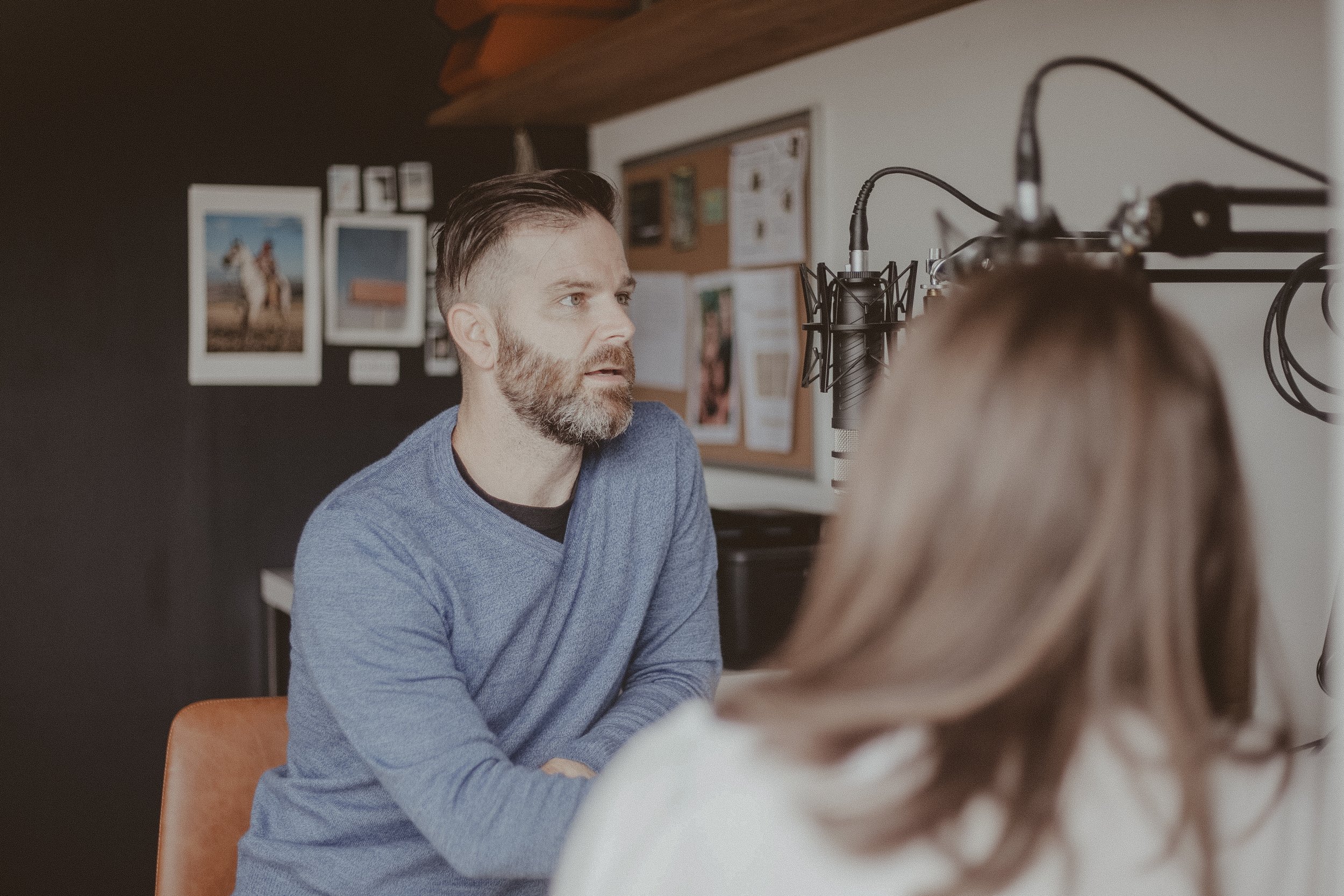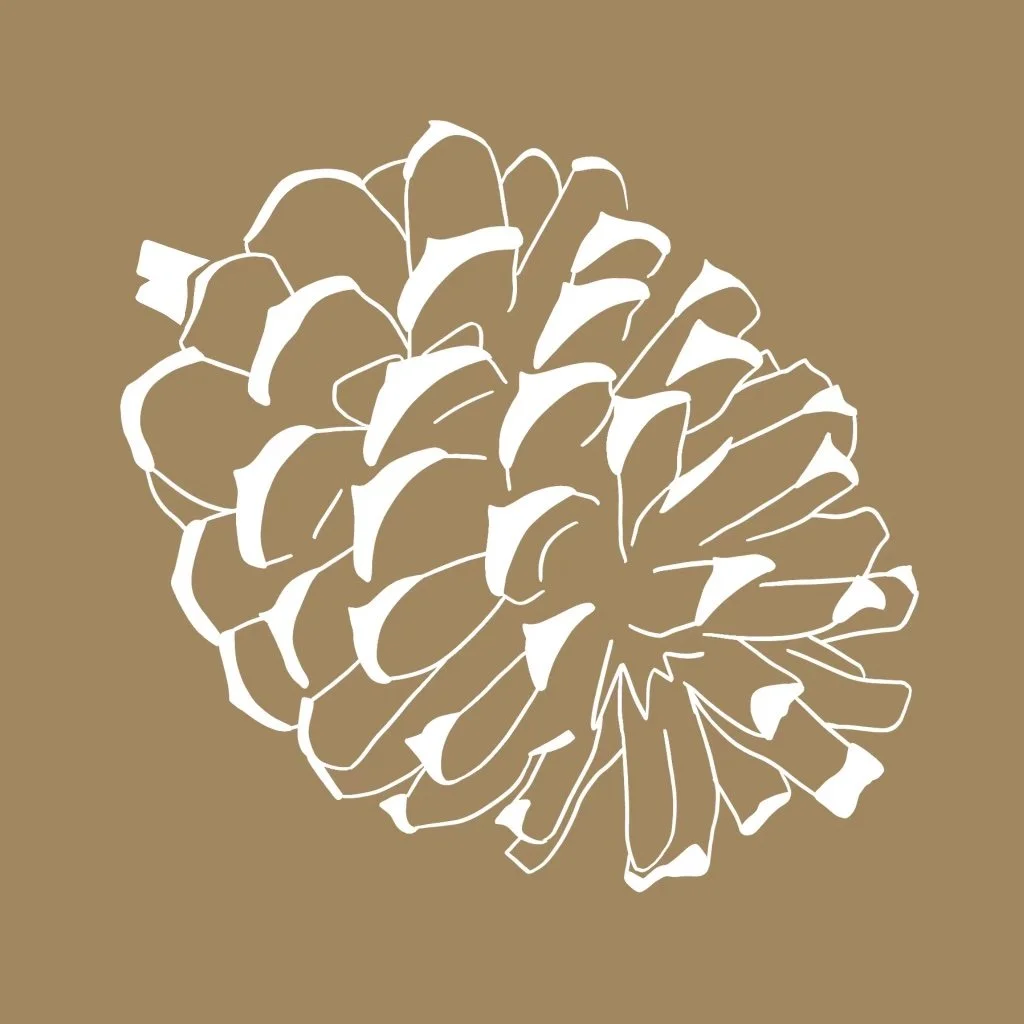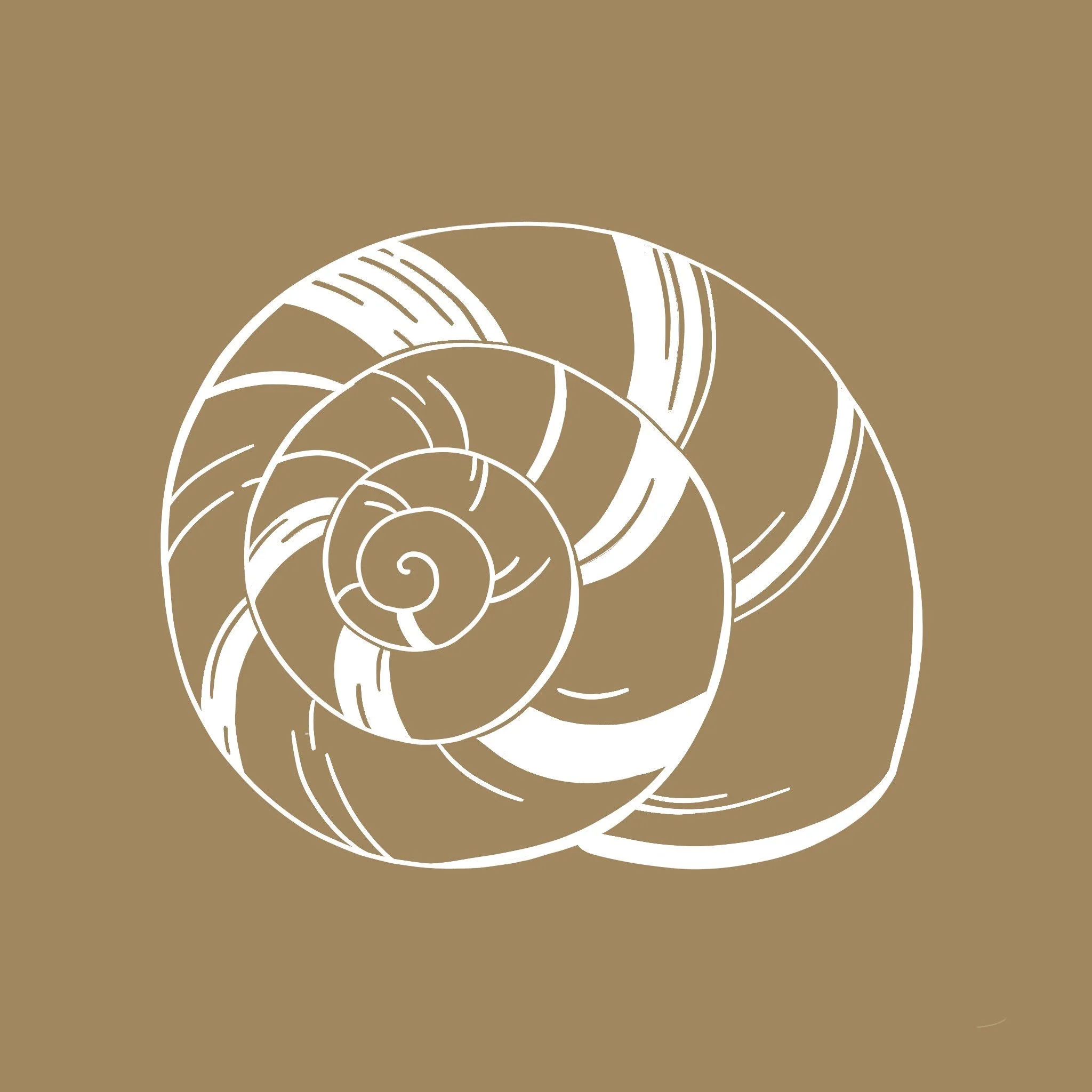
Podcast
Join with Matthew and others as they share lessons and tools from their personal Restoring Connections journey.
Featured

Is this relationship killing me, or setting me free?
You can also find the Restoring Connections Podcast on Spotify, Apple or Youtube





























